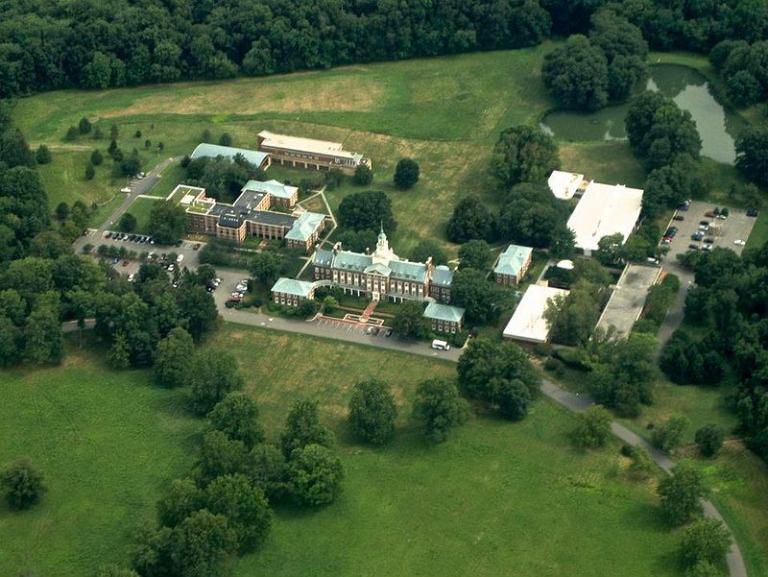
Back on 21 November 2006, the astoundingly productive Anglo-Irish theologian Alister McGrath delivered a speech in New York City under the perhaps rather cheeky title “The Twilight of Atheism: The Rise and Fall of Disbelief in the Modern World.” Armed with Oxford University doctorates in both divinity and intellectual history and — even prior to those — in molecular biophysics, Dr. McGrath is exceptionally well positioned to comment upon matters at the interface of religion and science. The text of his speech, as well as the introduction that preceded it and the questions and answers that followed it, appears between pages 235 and 267 of Eric Metaxas, ed., Life, God, and Other Small Topics: Conversations from Socrates in the City (New York: Plume/Penguin, 2011).
Here’s a passage from that speech. In it, Dr. McGrath refers, of course, to the Oxford evolutionary biologist Richard Dawkins (1941-), who has become famous as a zealous advocate of the so-called “New Atheism.” However, he also alludes to the sadly short-lived Harvard evolutionary biologist Stephen Jay Gould (1941-2002), also personally an unbeliever, whose essays and best-selling books were far more charitable to religious belief than those of Dawkins, and to the eminent Anglo-American mathematician and theoretical physicist Freeman Dyson (1923-2020), of the Institute for Advanced Study at Princeton, who publicly identified himself as a Christian:
Stephen J. Gould, who died recently of lung cancer, had some very interesting things to say. In his book Rocks of Ages, he argues that science simply cannot, by the legitimate application of its methods, decide the God question one way or the other. I think most scientists would think that is the case. Now, again, Richard Dawkins does not think that that is the case. He argues that real scientists ought to be atheists, and, therefore, I regret to say, challenges the scientific credentials of people like Freeman Dyson for daring to take an interest in religion and occasionally saying something nice about it.
If I could express a real concern here . . . You know, I love the sciences. I think they are wonderful, but, if you say, as Dawkins does, that science entails atheism, which everyone knows isn’t the case, then actually what you are going to do is persuade a large body of religious people that science is off-limits, and I don’t think that’s right. I think that the position of science in our culture is so precarious that if you actually imply that it’s antireligious, then it’s going to lose its support at a moment in history when it needs all the support it can get. And, therefore, I want to say that Richard Dawkins is doing science a disservice by portraying it in this way. (252-253)
On 16 April 2015, by the way, the New York Times published an interview with Freeman Dyson, entitled “Freeman Dyson: By the Book.” In it, he was asked “What books might we be surprised to find on your shelves?” He replied, “‘The Book of Mormon: Another Testament of Jesus Christ.’ I treasure it because some of my best friends are Mormons, and the book tells a dramatic story in a fine biblical style. The reader has to wait with growing tension almost until the end of the story to reach the final climax, when Jesus arrives in America and founds his second kingdom here.”












